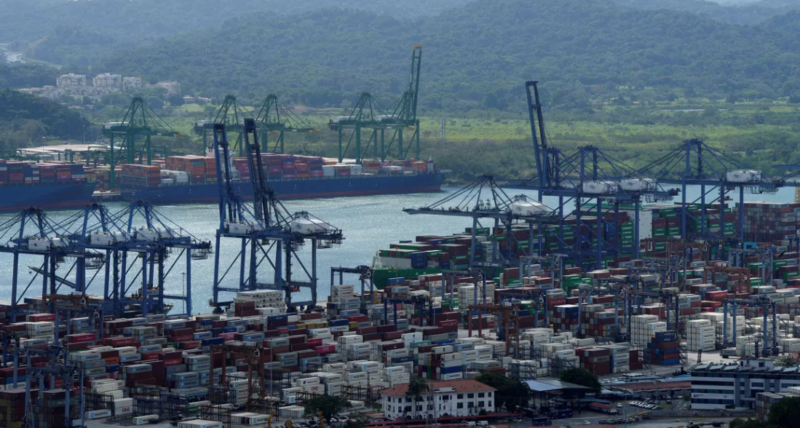How can France’s relations with each country in North Africa and the Middle East be characterized? What are the trade exchanges, centers of instability, and migration routes? Where are French soldiers deployed? This annotated map provides answers.
France, a European power on the Mediterranean coast with a colonial history in the Maghreb, a significant Muslim population originating from the region, and the unique distinction of also being an Indian Ocean power, holds strategic interests in the Mediterranean basin and the Middle East. As a permanent member of the United Nations Security Council, NATO, and the European Union, France seeks to position itself as a balancing power capable of developing an independent regional strategy aimed at stabilizing the region.
Today, France faces the impact of destabilization in the Sahel-Sudanian belt on the neighboring countries of the southern Mediterranean shore. Increasing chaos is now manifested in migration, criminal, and terrorist flows, but it could also destabilize societies and governments in the future.
The consequences of the Israeli-Palestinian conflict and the risks of its expansion to Lebanon, which has become a near-failed state, are of significant concern to France. This concern is heightened by the fact that France is home to the largest Jewish community in Europe and maintains a significant contingent in southern Lebanon under the UNIFIL II mission.
France also faces the instrumentalization of certain Muslim minorities by regional actors such as Algeria, Turkey, and Qatar. It has chosen to oppose the Iranian and Syrian regimes (specifically that of B. Al-Assad) and maintains ambiguity regarding Morocco’s position on Western Sahara.

To defend its interests (notably economic ones) and contribute to stabilization efforts in the region, France relies on privileged partnerships with Egypt, Jordan, Iraq, the United Arab Emirates, and, to a lesser extent, Saudi Arabia and Morocco, a former key partner.
To meet its international obligations and protect its interests in the Middle East, France maintains a permanent military presence of approximately 4,000 troops, 30 tanks, 18 fighter jets, and 5 frigates in the region. With strategically located bases that offer depth, France is prepared to deploy reinforcements and send its naval air group if necessary. Despite their operational experience and deep understanding of the region, the French armed forces face logistical and budgetary constraints, as well as latent hostility from certain states (Algeria, Turkey, Syria, Iran) toward the French presence, exacerbated by the influence of diasporas within France.
On the maritime fronts of the Mediterranean basin and the Arabian Peninsula, France’s goal is to defend freedom of the seas and maintain open maritime routes connecting the Mediterranean to the Indian Ocean, thus ensuring power projection and preventing disruptions to international trade. French naval forces are engaged in several major European operations in this region:
- Aspides (1 frigate): Protecting ships in transit from Houthi attacks in the Red Sea, since February 2024.
- Atalanta (1 frigate): Combating piracy in the Gulf of Aden, since 2008.
- Irini (1 frigate): Monitoring the arms embargo on Libya, since 2021.
- Agenor (1 frigate and maritime patrol aircraft, occasionally): Monitoring the Strait of Hormuz, since 2019.
French ground forces are also deployed as part of international cooperation, particularly to combat jihadist armed groups and prevent further terrorist attacks in Europe:
- Chammal: Military support to Iraqi forces fighting Daesh, since 2014.
- UNIFIL II: Monitoring the cessation of hostilities in Lebanon between Israel and Hezbollah.
If France aims to break its isolation in North Africa, regain influence in Africa, and improve its visibility in the Middle East, it will need to make decisive choices, as the current period does not favor those who opt for the status quo.
Source: diploweb



